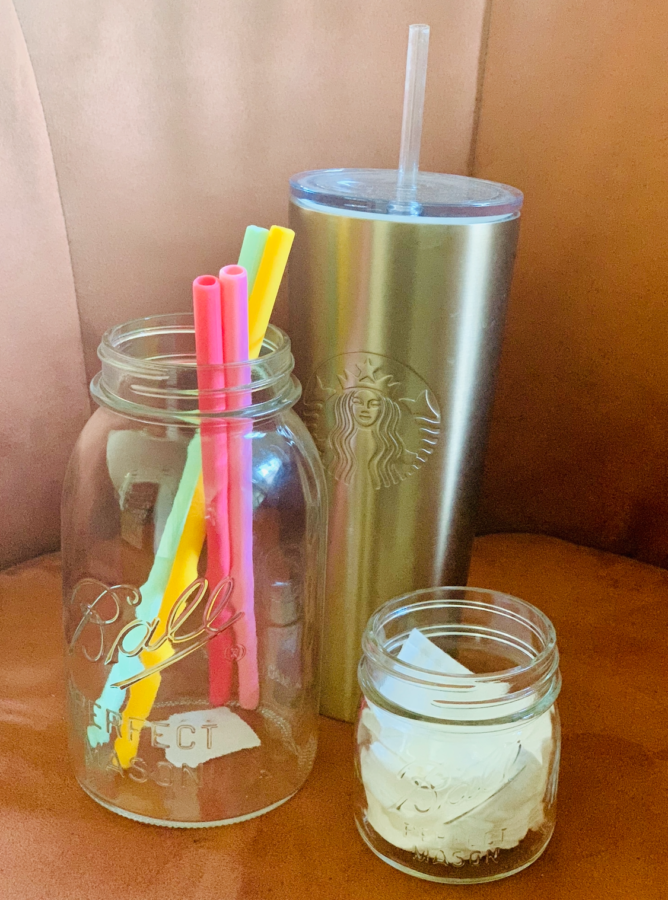Leia Gluckman staff writer
Quarantine is a great opportunity to start making environmentally friendly, affordable and long-lasting changes to your life.
There are several simple ways to be more environmentally friendly, from skincare to food consumption. Countries like the U.S., which have been in lockdown, have seen unintended benefits to the environment like clearer water and cleaner air. The next step is to maintain these lifestyle changes after quarantine to help reduce pollution. Here are a few things you can do to help save the environment:
This sounds simple enough, and it is. Carry one water bottle around throughout your day and use it as your glass for every meal. At the end of the day, wash it out and throw it in the dishwasher.
2. Use reusable cotton rounds:
Skin care routines can be incredibly wasteful. If you use cotton rounds to apply toner or to remove your makeup, you may use upwards of 365 cotton rounds a year – one per day. Using bamboo cotton rounds is as, if not more, convenient when you’re traveling or at home, than single use cotton rounds.
3. Metal or silicone straws:
You may not be using plastic straws if you’re skipping your visits to Starbucks or Peet’s, but now is a great time to work reusable straws into your daily routine.
4. Produce and grocery bags:
Grocery shopping can be incredibly wasteful when it comes to plastic produce bags, packaging and checkout. While you don’t have control over what other companies use to package their food, you can bring a reusable grocery bag as well as produce bags so that you don’t have to use store bags.
5. Menstrual products:
Simple enough, there are washable pads, menstrual cups and period underwear to make periods a less wasteful experience.
6. Switching to a plant-based diet:
This might not sound like an appealing option for most people, but eating mainly fruits, vegetables, legumes and soy-based foods is beneficial for the environment. If a fully plant-based diet isn’t doable, snacking on fruits and vegetables throughout the day in lieu of other snacks is also environmentally beneficial.





























